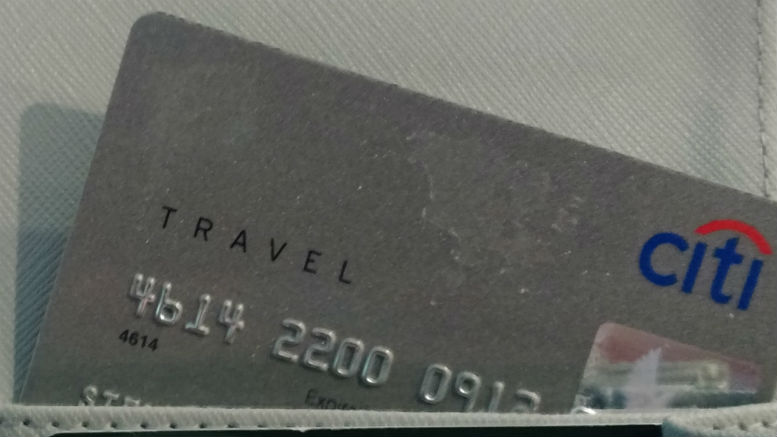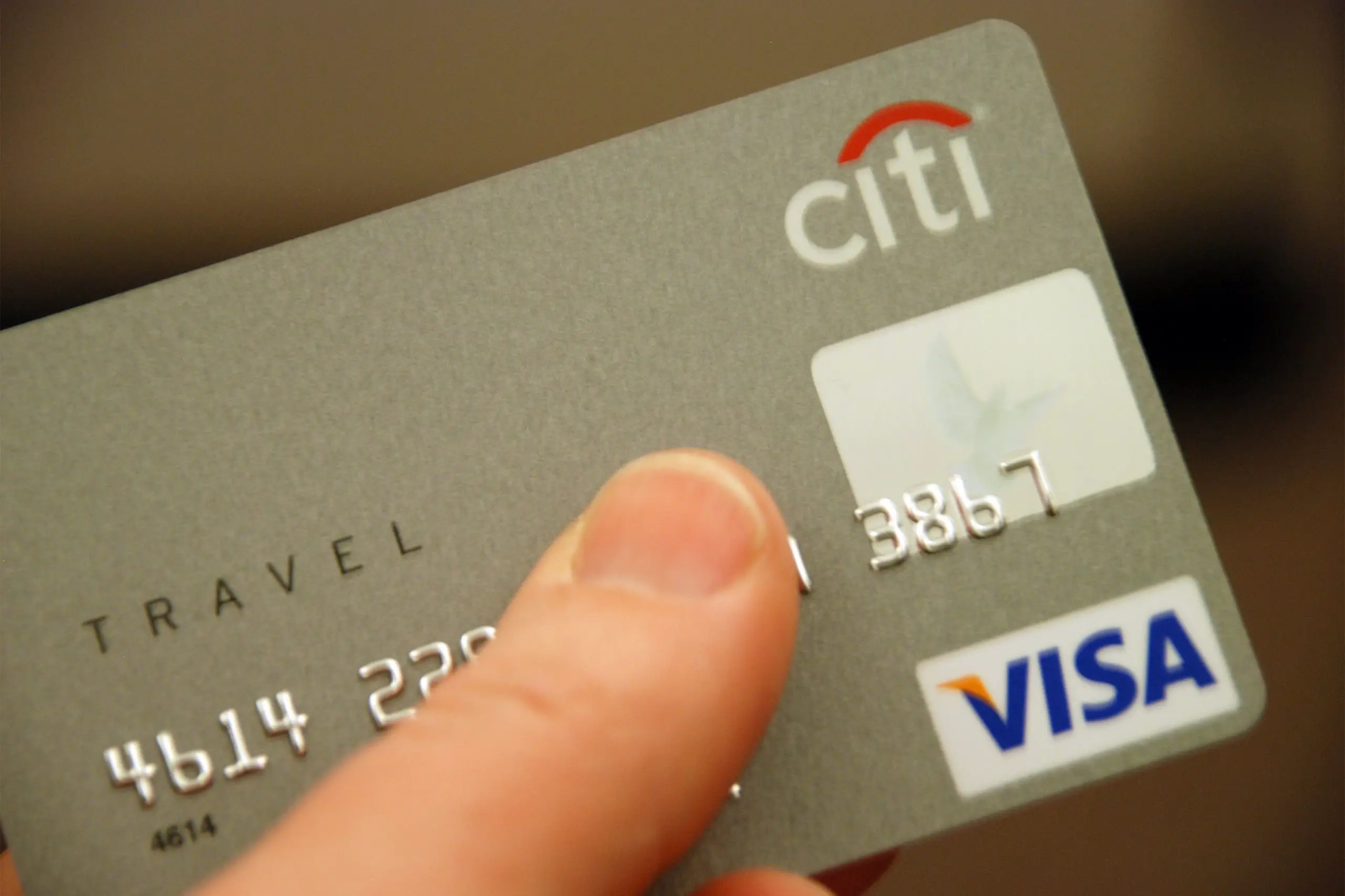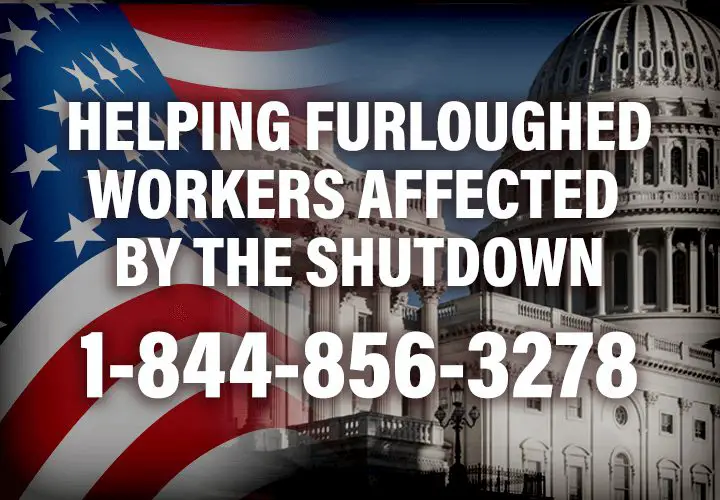If You Have Good Credit: Use A Balance Transfer Card Or Debt Consolidation Loan
If you’re having trouble paying down credit card debt, but your is still in good shape, you may consider debt consolidation via a balance transfer credit card or a debt consolidation loan:
-
Balance transfer credit card: This type of credit card offers an introductory 0% APR on balances transferred from another credit card. Depending on the card, you may get up to 21 months to pay off your debt interest-free. If you have a remaining balance at the end of the promotional period, you’ll only be charged interest on that amount. That said, there’s usually an upfront balance transfer fee of 3% to 5%. And depending on your income, credit history and other factors, you may not get a high enough credit limit to transfer all of your debt.
-
Debt consolidation loan: A debt consolidation loan is a personal loan used specifically to pay off other debt. You won’t get a 0% APR, but with good credit, you could potentially get a personal loan with an interest rate under 10%. Debt consolidation loans can be helpful if you need a structured repayment planeven with a balance transfer card, it can be easy to get complacent with a small minimum payment. However, some personal lenders charge an upfront origination fee, which can be as high as 8% of the loan amount.
With both options, it’s important to use an online calculator to run the numbers to make sure that you can afford the new monthly payment and that it’ll help reduce your interest charges.
Waived 401 Penalties Modified
The federal government, as part of the March 2020 CARES Act, waived the 10% early-withdrawal penalty for people under 59½ who took money from a 401 retirement fund, up to $100,000, if their finances were affected by COVID-19. That has expired and the only waiver for those under 59½ is for those who are affected by a disaster, as declared by the federal government.
Fees Lower In Other Countries
Visa said it derives no revenue from the interchange rate, as the fee is paid by the payment processing company to the bank, and is ultimately passed on to the merchant. Credit card companies make money through the services they provide acting as a type of broker between banks and merchants.
A Visa spokesperson pointed to other charges for merchants accepting digital payments, such as terminal rental and processing fees.
Kelly said it’s important to remember the 1.4 per cent interchange rate target is an average that applies to both small and big businesses, highlighting another factor that makes survival more challenging for many independent businesses: large corporations are able to reduce their overall fees more easily than small operators.
“Big companies, of course, can bring hundreds of millions of dollars of business to these payments processors, and can threaten to take it away,” he said. “So they have a much better chance of negotiating rates.”
Read Also: Government Assistance For Medical Bills
Federal Government Relief For Covid
Congress passed the $1.9 trillion American Rescue Plan Act in March 2021, following up on COVID-19 relief actions taken in late December 2020 and March 2020 . By 2022, most of the focus of federal COVID-19 help had shifted to vaccinations, testing and getting schools and businesses back open.
Some of the highlights of the American Rescue Plan, and their status, are:
Federal Emergency Management Agency

Congress created FEMA in 1979. Though you may be most familiar with its hurricane assistance programs, FEMA has initiatives to help those impacted by just about any natural catastrophe. This assistance often comes to disaster areas in the form of on-the-ground assistance to local governments within the communities. FEMA helps homeowners and others to find a place to stay following a disaster. FEMA also provides money to people who qualify for financial assistance.
Disaster Assistance Improvement Program
The Disaster Assistance Improvement Program overlaps with FEMA. This initiative provides more than 70 kinds of disaster relief through 17 federal agencies, one of which is FEMA. What separates this program from FEMA is that it provides customized, individual help for all disaster survivors. This kind of assistance can come in the form of:
-
Providing money for food
-
Getting someone put up in a hotel
-
Finding a person a new place to live
-
Reimbursing for loss of income
-
Assisting with medical or legal needs
Additionally, this program can help people access grants and loans and helps with disaster preparedness.
Read Also: Government Backed Home Improvement Loans
Us Department Of Labor
Like the SBA, the Department of Labor is another government agency whose mission focuses on more than major disasters. But under the Disaster Unemployment Assistance Act, the DOL gives disaster recovery aid to anyone whose livelihood has been disrupted by a major disaster. DOL provides these victims with unemployment benefits.
How The Federal Government Responds To A Natural Disaster
The president provides a major disaster after thereâs an earthquake, flood, tornado, wildfire, or other serious disasters. The federal government, led by the Federal Emergency Management Agency , responds to disasters once a state, tribe, territory, or local government requests help. This response focuses on restoring, developing, and revitalizing the disaster area and the people that have been impacted by the disaster.
Read Also: How To Get Government Funding For A Business
Option : Enroll In A Debt Management Program Through A Credit Counseling Agency
The benefit of professional help: A debt management program is the solution you use if you cant make progress on your own. If you dont have good credit or youve missed some payments, your creditors may be resistant to working with you. Having the help of a credit counseling agency means you have a team advocating with creditors on your behalf. That makes it easier to craft a repayment plan that your creditors will actually accept.
How It Works:
Stimulus Proposal: $10000 In Credit Card Interest Relief During Coronavirus Pandemic
Getty
The U.S. economy is continuing to roil from the coronavirus pandemic. While the official April unemployment rate of 14.7 percent marked the highest level since the Great Depression, it also understated the true economic devastation being inflicted across America. With Congress deadlocked on when to pass the next relief bill, let alone what provisions it should include, now is an opportune time to consider creative solutions to help Americans weather the extended Covid-19 crisis. One novel proposal by two law professors would provide government subsidies for consumer credit card interest payments.
The brainchild of Norman Silber, a senior research scholar at Yale Law School and professor at Hofstra Universitys Maurice A. Deane School of Law, and Jeff Sovern, professor at St. Johns University School of Law, the proposal would have the federal government subsidize interest payments on consumer credit card charges while also capping interest rates and allowing consumers to fully defer minimum payments. These steps would help stem the impending credit crunch that has already started to hit many Americans and maintain an accessible lending mechanism readily available to 75 percent of Americans.
In order to fully appreciate the potential impact of Silber and Soverns proposal, it is crucial to contextualize it in the missteps of the CARES Act and the early warning signs emerging of financial institutions scaling back available credit to consumers.
Also Check: Government Surplus Auction Washington State
Consumer Protections On Credit Cards
Federal laws provide important protections for credit card users. These include:
- If your card is lost or stolen, your losses may be limited to $50 as long as you notify your issuer promptly. You may not be responsible for any charges if you report your loss before your credit card is used.
- Your issuer generally must provide a 45-day advance notice of any interest rate increase, fee increase, or any other significant changes in account terms.
- Your issuer cannot permit you to go over your credit limit and then charge you a penalty fee for having done so unless you explicitly agree to it .
- To opt-in, you must tell your credit card issuer that you want it to allow transactions that will take you over your credit limit. If you do not opt-in, your credit card company may refuse to process any transaction that puts you over your credit limit.
Government Protection Against Debt And Debt Collectors
One of the biggest government debt relief programs is the legal protections that it offers. This includes the Fair Debt Collection Practices Act , which limits the actions of debt collectors. If you are behind in payments, then the last thing you want to face is harassment from a debt collector. The FDCPA prohibits debt collectors from very specific behavior including the use of abusive or threatening language, and threats of arrest.
Another area that the government offers debt relief is through collection laws and statute of limitations. These offer you protection in the case of a lawsuit and a potential judgment. These laws are both state specific and relate to the type of debt and assets.
One final area that the government offers debt relief is through a court approved bankruptcy, either a Chapter 7 liquidation, or a Chapter 13 court payment plan. Bankruptcy is generally considered a last-resort solution and not many people can qualify for a Chapter 7 bankruptcy or complete a Chapter 13 bankruptcy.
Recommended Reading: Why Am I On Government Watch List
Implement A Debt Reduction Plan
You basically strategically arrange your bills and make the largest payments possible on one debt at a time. You find as much cash flow as possible in your budget by eliminating expenses, then target each debt successively.
We offer resources that describe how to implement an effective debt reduction plan.
Federal Agencies That Offer Disaster Assistance Programs

While most people think of FEMA when they think of disaster recovery efforts, there are several other agencies that also respond to emergencies in the U.S. These government agencies have programs to help rebuild infrastructure, clean up wreckage, perform evacuations, provide medical care, give food, help local businesses, administer unemployment assistance, and develop tax relief related to the disaster.
You May Like: How To Apply For A Free Government Cell Phone
Navy Federal Cashrewards Card Benefits And Features
For a no-annual-fee cash-back card, the Navy Federal Credit Union® cashRewards Credit Card comes with a decent selection of lifestyle and travel benefits. Many of the card’s perks will also depend on whether you choose between a Mastercard and Visa, so it’s worth skimming through the World Mastercard benefits guide here, and the Visa Signature guide here.
Managing Debt Collectors And Scammers
People with debt and little money are prime targets for scammers.
The Fair Debt Collection Practices Act sets rules for debt collectors, including:
- How often and when they can call
- No abuse or deception
- Must provide amount of the debt, name of current creditor, how to get name of original creditor.
There are also strict rules for debt settlement companies. If they do any of these, its a debt elimination scam:
- Charge fees before providing service
- Tout a government debt elimination program
- Guarantee credit card debt will disappear or be paid off for pennies on the dollar.
Don’t Miss: Where Can I Cash A Government Check Without An Id
A Third Stimulus Check
Eligible individuals and dependents got a third stimulus check of $1,400 married couples got $2,800. The third stimulus check was reduced for individuals earning more than $75,000, heads of households reporting more than $112,500, and married couples earning more than $150,000. Congress has made it clear there will be no more stimulus checks, but some state governments in 2022 used ARP money allocated to states to provide additional stimulus.
Small Businesses Want Break On Credit Card Transaction Fees
Gary Sands, senior vice-president of the Canadian Federation of Independent Grocers, has written to Finance Minister Chrystia Freeland about the issue. He makes the point that the 2018 agreements that saw credit card companies lower the average interchange rate came before so much purchasing was driven online by the pandemic, and further reductions are needed.
“In the spirit of being in this together, Canadians would hope that the banks and card companies would have stepped up and voluntarily reduced their fees,” he wrote. “But that did not happen, and calls to do so have been met with a deafening silence.”
Dan Kelly, president of the Canadian Federation of Independent Business , said his organization is also lobbying the government “aggressively” with regard to online transaction fees.
There are several factors that help explain the seeming disconnect between the credit card companies’ deals with the federal government to lower the average interchange rate and the extra credit card costs many merchants say they’ve been incurring during the pandemic.
For starters, the new 1.4 per cent interchange rate target is an average. Different credit cards and different kinds of transactions for different goods and services carry different interchange fees. So, a merchant’s cost on a transaction depends in large part on what card a customer uses.
Recommended Reading: Get Free Government Cell Phone Service
Will Accounts That Received A Temporary Credit Go Back To A Negative Balance After The Credit Is Removed
In some cases, yes, this may happen. The full amount of any temporary credit will be removed from member accounts beginning on Feb. 15, 2022, regardless of the account balance at that time. So, if your account balance is less than the amount of the temporary credit, the account may go back to a negative balance.
If youve made partial payment toward the temporary credit, the amount thats removed may be less than the total original temporary credit amount. Here’s a simple example:
Suppose your account was overdrawn by $100 at the time the Child Tax Credit was deposited in your account, and we gave you a temporary credit of $100 to bring your account balance up to $0. If you paid $50 toward covering the original $100 overdraw prior to Feb. 15, 2022, then only the remaining $50 of the temporary credit will be removed.
If your account credit is reversed and youre concerned about your balance, we have resources that may help. You might also consider using our Personal Finance Counseling service. This free service can help you with setting goals, budgeting, improving your finances and more.
Trouble Paying Credit Cards
If you have seen a reduction in pay due to COVID-19 and are struggling to make your credit card or loan payments, contact your credit card company right away. Explain your situation and ask about hardship programs that may be available. Regulatory agencies have encouraged financial institutions to work with customers impacted by the coronavirus.
A credit counselor may able to assist you with your debt problems. Contact one near you.
Read Also: Government Jobs That Train You
An Example To Bring Cirpa To Life
To bring the CIRPA proposal to life, assume Karen has a $6,000 balance on her credit card with a 25 percent nominal interest rate . When her statement comes, she would normally owe $125 in interest.
Under CIRPA, the nominal interest rate would be capped based on negotiations between the government and banks. Normally, credit cards are considered unsecured loans because there is no collateral if a consumer defaults . Unsecured loans, therefore, tend to have high interest rates credit card interest rates range from 9 to 29 percent. However, given that with CIRPA the majority of the interest charge is backed by the government, the risk borne by the credit card companies is substantially lower and a lower interest rate would be justifiable.
Lets assume that the negotiated interest rate cap is 12 percent under CIRPA. In this case, the interest charge on Karens credit card would be $60. The government would pay 70 percent, or $42. Karen would be responsible for the remaining 30 percent, or $18, which she could defer. Ordinarily, credit cards have a minimum payment of at least 1 percent of the balance, but CIRPA would allow Karen to defer this $60 minimum payment too.
Copyright: Shahar Ziv
Both Karen and the bank benefit from this arrangement. Karen has reduced interest obligations and can preserve cash flow without immediate bills while the bank reduces the likelihood of default and is receiving regular payments from the government in excess of minimum amounts due.
What Practices Are Off Limits For Debt Collectors

A debt collector may not:
- Contact you at inconvenient times, for example, before 8 AM or after 9 PM, unless you agree to it.
- Communicate with you at work if you tell the debt collector your employer disapproves.
- Contact you after you send a letter to the collector telling them to stop, except to notify you if the creditor or collector plans to take a specific action.
- Communicate with your friends, relatives, employer, or others except to find out where you live or work.
- Harass you with repeated phone calls, profane language, or threats to harm you.
- Make any false claim or statement that you will be arrested.
- Threaten to have money deducted from your paycheck or to sue you, unless the collection agency or creditor intends to do so and it is legal.
Also Check: How Much Money Does Catholic Charities Get From The Government
